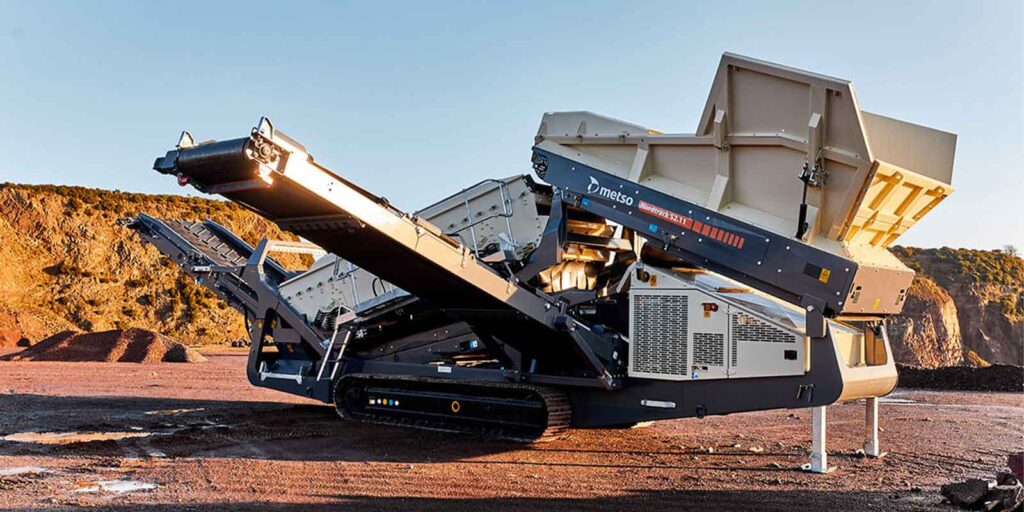In construction and mining, a rock crusher is an invaluable tool. These robust machines can turn even the hardest stones into dust, aiding in various tasks such as demolition, road building, and aggregate production. However, choosing a rock crusher that suits your project’s needs can be complicated. It involves considering several critical factors that can significantly impact your project’s efficiency, productivity, and overall success.
The first aspect to consider on how to choose a rock crusher is its size and capacity. Rock crushers come in various sizes, from small, portable models for small-scale work, to large, stationary models for industrial-sized operations. The size you need depends on the volume of material you aim to process. Moreover, each crusher has a specific capacity, which determines the amount of material it can process within a given time. Therefore, understanding the size of the rocks and the volume that needs to be processed is crucial in determining the suitable rock crusher for your project.
Another important factor is the crusher’s feed size. This refers to the maximum size of the raw material the crusher can accept. If the feed size exceeds the crusher’s capacity, the machine may jam, causing delays and potential damage. Therefore, ensure you understand the size of the raw materials you will be working with and choose a crusher to handle the load.
The crusher’s output size is another crucial factor to consider. This is the size of the rocks after they have been crushed. Different projects require different output sizes. For instance, road construction may require small, fine particles, whereas a landscaping project might need larger, more decorative stones. Always ensure the rock crusher you choose can produce the required output size for your project.
The type of rock you need to crush will also influence your decision. Not all rock crushers can handle all types of rocks. Some are better suited for softer stones, like limestone, while others are designed to break apart harder rocks, like granite. Therefore, knowing the rock type you will be crushing can help you choose the right crusher.
The mobility of the rock crusher is another essential factor. Portable rock crushers can be advantageous for projects with a temporary timeframe or where the work site might change. In contrast, stationary crushers are typically used in long-term projects where the site remains unchanged for a considerable time.
It is crucial to factor in the complete cost of ownership when purchasing an item. This includes the initial price and expenses for maintenance, operations, and the accessibility of replacement parts and services. Opting for a lower-priced model may appear tempting initially. Still, it can ultimately lead to increased expenses in the future due to the need for frequent repairs or expensive replacement parts.
In conclusion, knowing how to choose a rock crusher involves a detailed understanding of your project’s needs, the type of rocks you’re working with, and the job demands. For the best possible outcome, it is essential to consider all of these factors when choosing the most suitable option., and cost-friendly machine for your specific requirements. Please remember that selecting the appropriate rock crusher can significantly affect your project’s results, and help you save both time and money.

